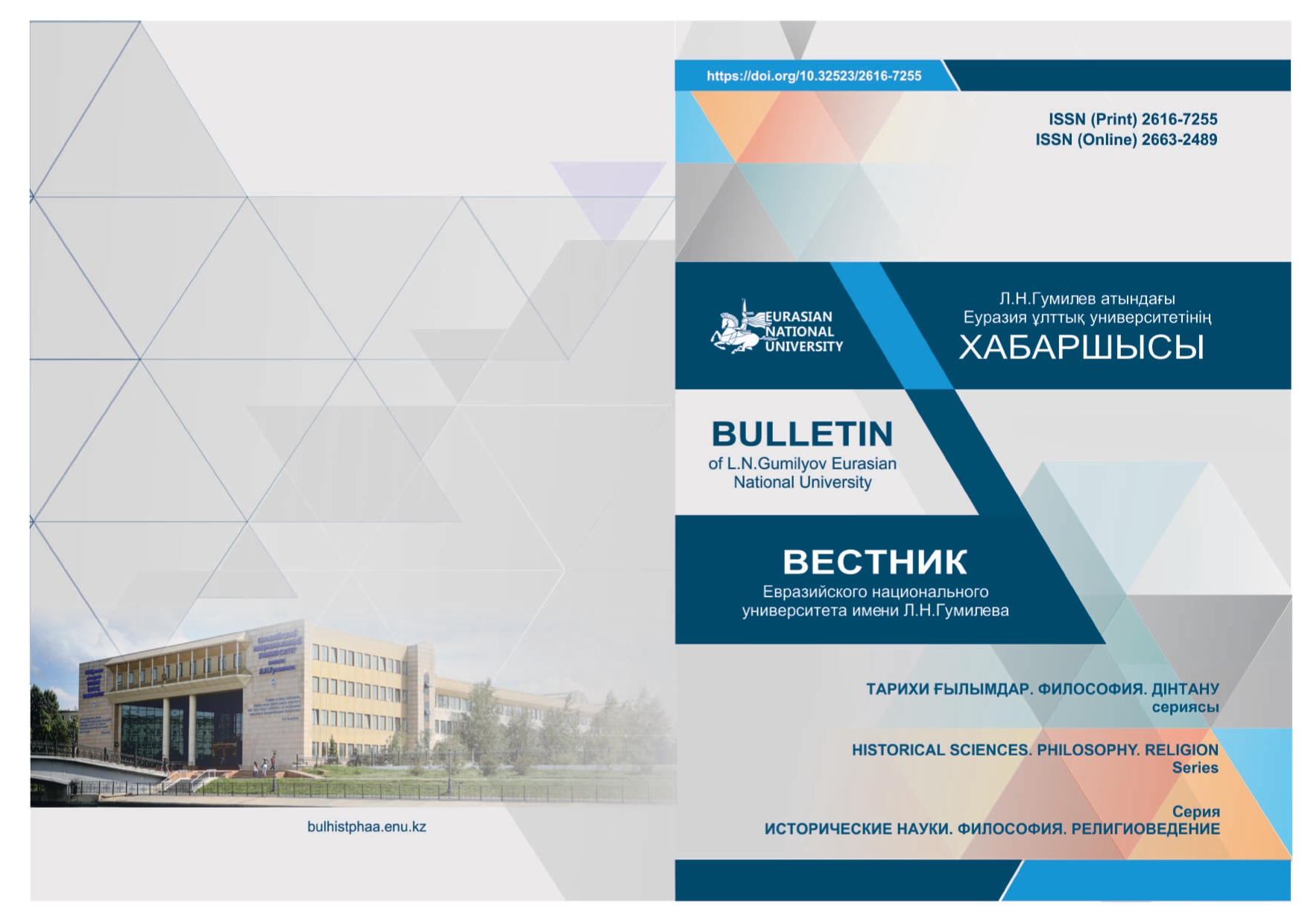Patriotic mobilization of women workers in West Kazakhstan through Soviet propaganda during World War II
Views: 346 / PDF downloads: 379
DOI:
https://doi.org/10.32523/2616-7255-2023-144-3-62-74Keywords:
Home front; Soviet propaganda; women workers; West Kazakhstan; World War II; patriotic mobilization.Abstract
This research paper examines the impact of Soviet propaganda on women workers in the West Kazakhstan region during World War II. Despite facing difficult working conditions, women workers in this region were mobilized through propaganda campaigns that aimed to promote patriotism and encourage them to take on traditionally male-dominated roles in home front. The study addresses two key questions: How did Soviet propaganda mobilize women workers in this region, and what impact did it have on their daily lives? The research methodology involves a content analysis of periodical press and personal sources such as memoirs and letters. Additionally, the study utilizes primary sources to understand the function of the Communist Party's agitation and propaganda apparatus. The findings highlight the power of propaganda in shaping the thinking and behavior of a population during a critical period in history, contributing to a better understanding of the influence of agitation and propaganda on women's work ethic and providing a valuable contribution to the historiography of women's employment during the war. This paper contributes to our understanding of the impact of propaganda on women workers during World War II in the Soviet Union and provides insights into the daily lives of women workers in a specific region.
Downloads

Downloads
Published
How to Cite
Issue
Section
License
Copyright (c) 2023 Arailym Tapalova

This work is licensed under a Creative Commons Attribution-NonCommercial 4.0 International License.







